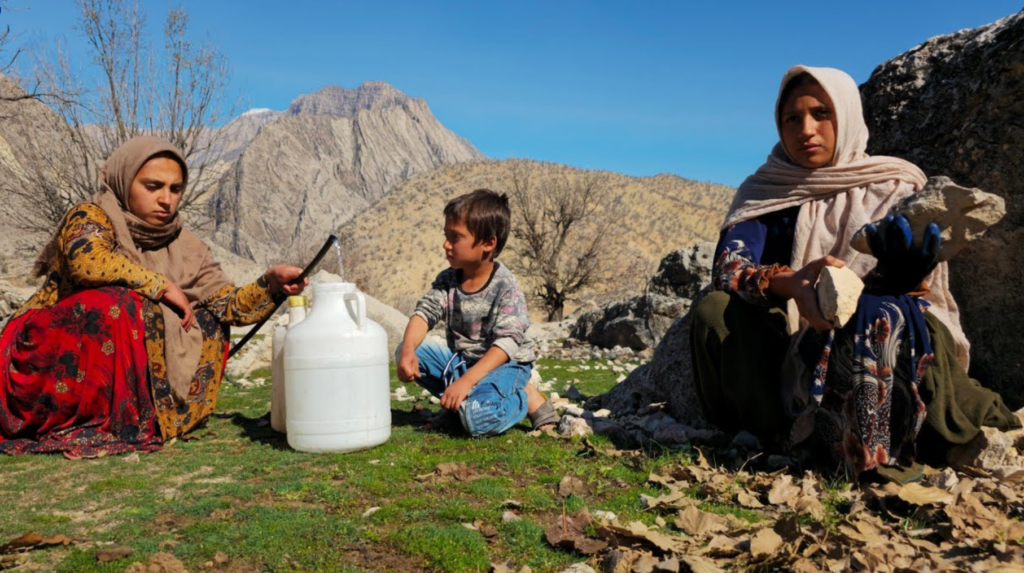For centuries, nomadic communities have thrived in the rugged highlands, adapting to extreme conditions and an unforgiving landscape. Their way of life, deeply connected to nature, presents unique challenges—one of the greatest being access to water. In the mountains, where rivers are scarce and rainfall unpredictable, securing a steady water supply is a daily struggle.
The Search for Water
Unlike urban areas where water flows with a simple turn of a faucet, mountain dwellers must hunt for their water sources. Many rely on seasonal springs, melting snow, or underground wells, often trekking miles to fetch water. In some regions, families build intricate systems of channels to direct rainwater to storage basins, ensuring they have reserves for drier months.
However, climate change has made this challenge even harder. Droughts are lasting longer, and glaciers—the lifeblood of many mountain streams—are shrinking. This forces nomads to move more frequently, searching for new water sources that may not always be reliable.

Innovative Survival Techniques
Despite these challenges, nomadic communities have developed remarkable methods to manage water:
- Rainwater Harvesting: Using simple containers, tarps, and carved-out basins, they collect and store rainwater for daily use.
- Underground Cisterns: Some groups dig deep storage pits lined with stone or clay to prevent water from evaporating.
- Animal Guidance: Herds instinctively know where to find water, leading their owners to hidden springs.
- Bartering for Water: In times of extreme scarcity, nomads trade livestock or handmade goods with neighboring villages in exchange for water.
A Struggle for the Future
With growing environmental changes and modernization, traditional nomadic life faces an uncertain future. Many younger generations are moving to towns where water is easier to access, leaving behind a way of life that has existed for centuries.
Yet, despite these difficulties, some nomadic communities continue to hold on to their traditions. Their resilience, resourcefulness, and deep knowledge of the land allow them to adapt and survive in one of the most challenging environments on Earth.
